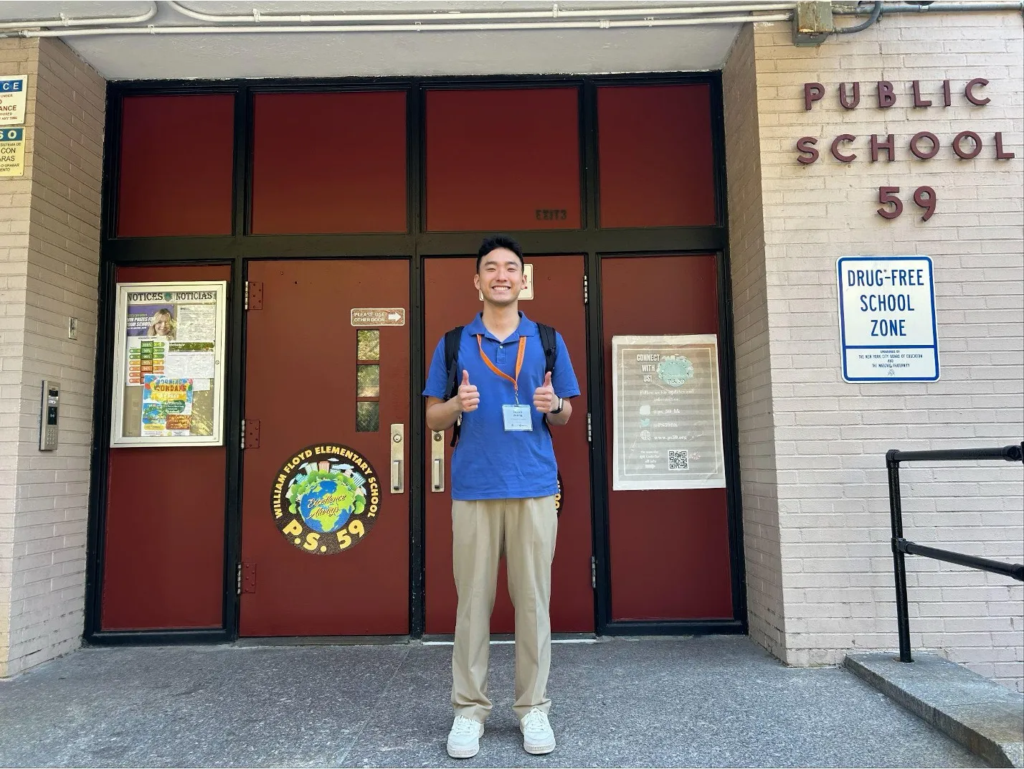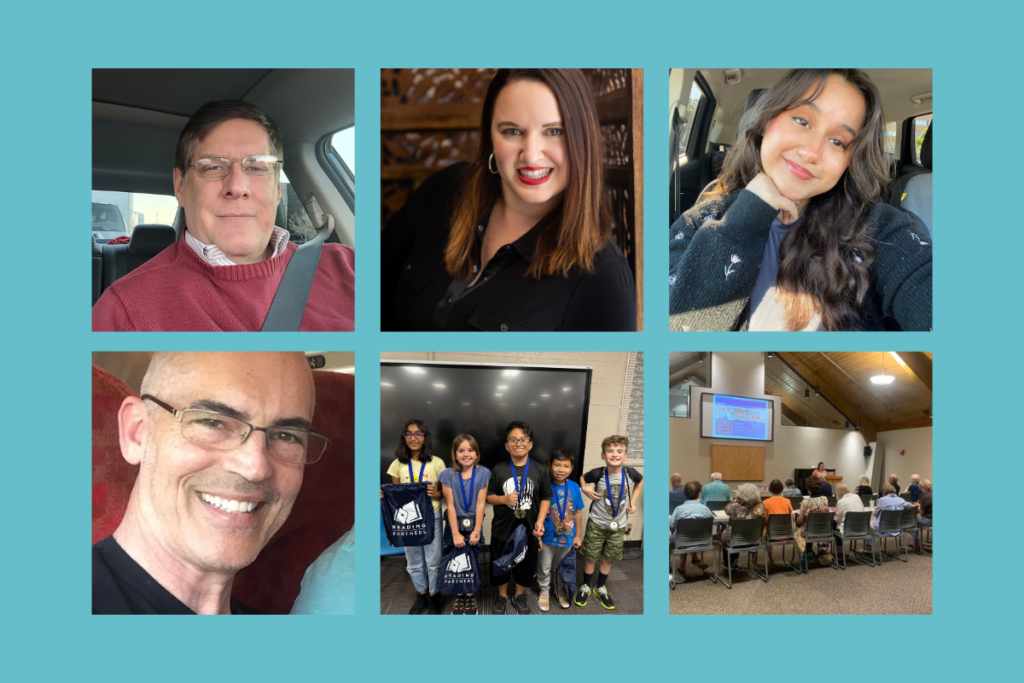
Reading Partners helps expand childhood literacy
October 27, 2023
Originally posted on Charleston City Paper
Charleston City Council member Jason Sakran last week declared Oct. 19 Reading Partners Day on behalf of the mayor and city during a Reading Partners Books and Breakfast event, which brought more than 175 attendees to the Francis Marion Hotel.
Reading Partners is a national nonprofit that helps students who struggle with reading to read at grade level by fourth grade. Its model uses site coordinators who identify “high needs” students — a disproportionate number of whom live in poverty — at partner schools to match them with a volunteer or Americorps tutor. The Reading Partners program currently spans 11 elementary schools in Charleston and Berkeley counties.
“Reading Partners believes that all children deserve the opportunity to succeed and thrive, and literacy is the foundation they need,” said Dyrell Clark, executive director of Reading Partners South Carolina.
Dawn Kahley, the group’s development director, highlighted the large-scale need for its work in Charleston County schools with a single statistic: 22% of Charleston’s third graders aren’t reading at grade level. Kahley asked the room to think about a hypothetical: At each table of eight attendees, “two of you aren’t reading at grade level,” she said. “Imagine it.”
Speakers advocate for education
The event’s keynote speaker, former Charleston Poet Laureate Marcus Amaker, discussed the importance of including youth in his work and recited a few poems from students he’d worked with in the past.
According to Amaker, his job was to remind students that they were creative. “The stats are really dire,” he said, referring to the 22% of Charleston County School District third graders not reading at grade level, “but even if a student is having a problem with reading, there are ways they can express themselves. … Inside us are things that are universal.”
Community leaders and authors Dr. Jennifer Bishop and Dr. Aaron Bishop took to the podium together to emphasize Amaker’s message. “If the children are well, then society is well,” Bishop said.
Americorps worker Ashanti Campbell shared her personal story during the event. Her first child, whom she said she had at age 14, immensely struggled with reading, she said. Just a kid herself, she didn’t know what to do. Campbell realized if she could “build skills to help someone else’s child with reading,” she explained, “then I could help my own.” Now, Campbell’s son is in fourth grade and “doing beautifully in school,” she added.
Reading Partners board member Gerald Stinson wrapped up the event by asking for “time, talent and financial resources.” To demonstrate the need for community support, he motioned to the projector behind him, which displayed his photo — and his nearly bald head. This year, Stinson said, he worked with kindergarteners at a few different sites. “When the year started, I had an afro. … Kindergarten took all of my hair,” he said with a laugh.
- To support Reading Partners or learn more about its work, visit staging.readingpartners.org.



